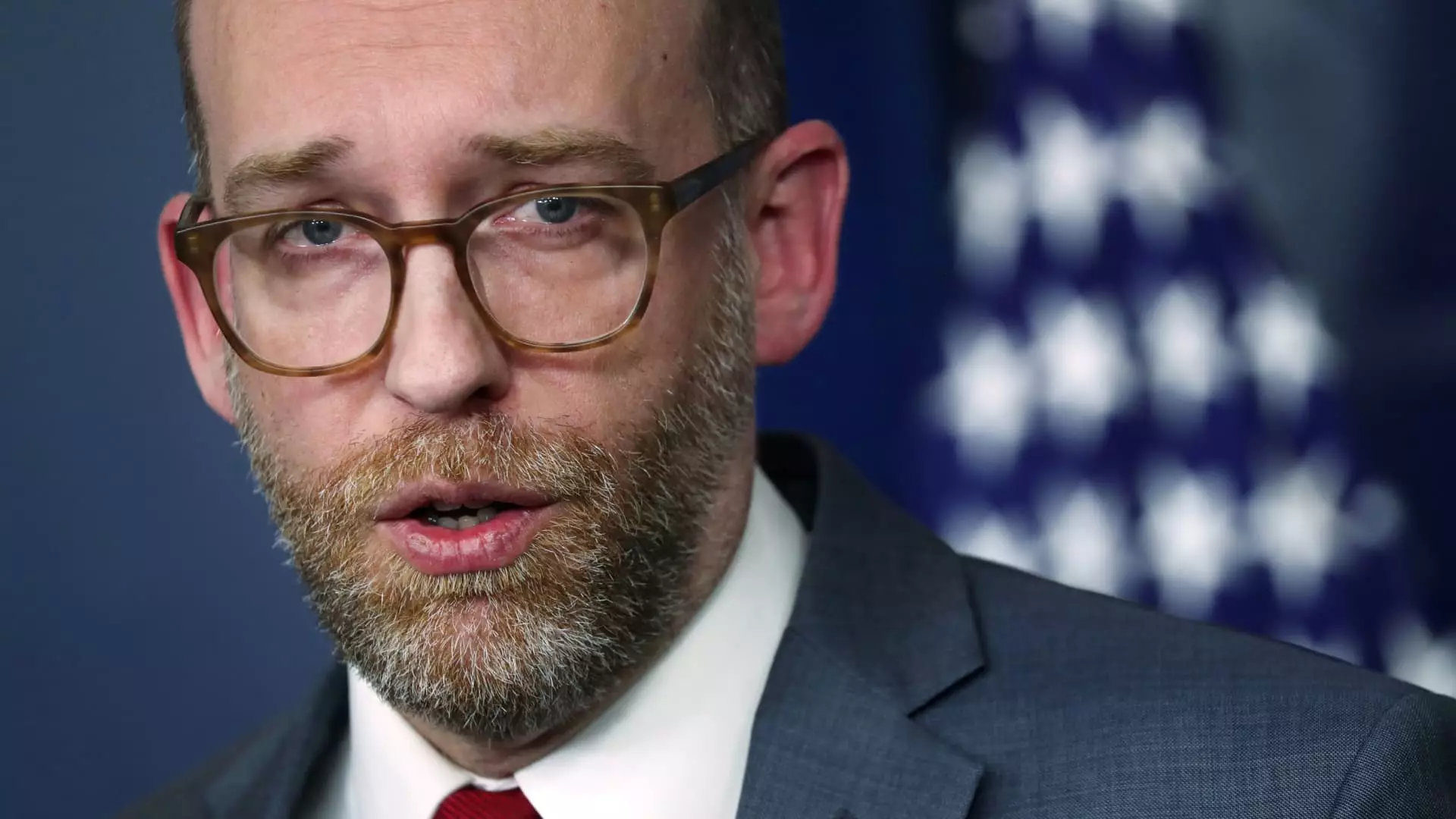In a shocking turn of events, the Consumer Financial Protection Bureau (CFPB) has initiated mass terminations, impacting numerous employees, primarily those currently on probation. This sudden decision, taken under the directive of the current administration, raises significant questions about the future direction of this pivotal agency as well as the broader implications for federal employment standards.
Context of the Layoffs
The layoffs at the CFPB arrive amid a national wave of cuts affecting various federal agencies as President Donald Trump’s administration intensifies efforts to reduce governmental size and expenditure. The Office of Personnel Management had previously requested lists of recently hired employees from all federal agencies, reflecting a trend toward simplifying the termination process for workers who are still on probation. Probationary status often gives agencies latitude to dismiss employees without the complexities that accompany terminating tenured staff, thus making them prime targets in this sweeping reduction.
Under normal circumstances, probationary periods serve as trial evaluations for new employees, typically spanning one or two years, allowing agencies to review their performance before confirming their position. However, many of the terminations reportedly issued by the CFPB have raised concerns regarding adherence to established federal protocols, leading to accusations of unlawful dismissal practices.
The backdrop to this unsettling move includes heightened tension within the CFPB since operatives from Elon Musk’s newly established “Department of Government Efficiency” gained entry to the agency’s headquarters. Following this access, CFPB’s operations were put on hold, escalating uncertainty among staff. Under the guidance of Acting Director Russell Vought, employees were advised to refrain from any bureau-related responsibilities, a directive that undoubtedly fueled anxieties across the organization.
Johanna Hickman, a senior litigation counsel within the CFPB, voiced her outrage at the abrupt firings, characterizing the actions as an initial strike against the agency’s integrity. Hickman, who began her role just a few months ago, emphasized that the dismissals did not adhere to recognized federal procedures and left many feeling undervalued and disrespected.
The reaction from the affected employees has been one of confusion and indignation. Reports indicate that some individuals received generic dismissal notices that did not even specifically identify their names or roles, triggering further outrage. Such actions have raised significant ethical questions surrounding the transparency and accountability of the agency, which was established to protect consumer rights in the financial sector.
Legal preparations are reportedly unfolding on behalf of the terminated employees, with many exploring various avenues to challenge what they deem unlawful layoffs. The possibility of litigation against the CFPB adds another complex layer to this situation, which has repercussions beyond the agency itself and may signal wider unrest across federal employment practices.
The recent cuts are poised to severely compromise the functionality of the CFPB, particularly its enforcement division. Under former Director Rohit Chopra, the agency actively sought to bolster its ranks with skilled enforcement lawyers to better serve its mission of consumer protection. The unceremonious loss of personnel threatens to undermine these gains, leaving fewer resources to tackle ongoing enforcement issues critical in a diverse financial landscape.
The CFPB was once a robust agency with approximately 1,700 employees, symbolizing a commitment to protecting consumers in complex financial environments. However, the current trajectory—a combination of layoffs and administrative restructuring—casts a shadow over its future and raises questions about the agency’s ability to fulfill its foundational responsibilities.
The sudden layoffs at the CFPB not only highlight a troubling transition under the current administration but also indicate a significant threat to the principles of job security and ethical governance within federal agencies. As the CFPB grapples with the implications of these terminations, the broader federal workforce faces uncertainties that could reshape the landscape of public service employment. Ultimately, this situation serves as both a cautionary tale and a call to action for those concerned about the direction of consumer protection in the United States.

